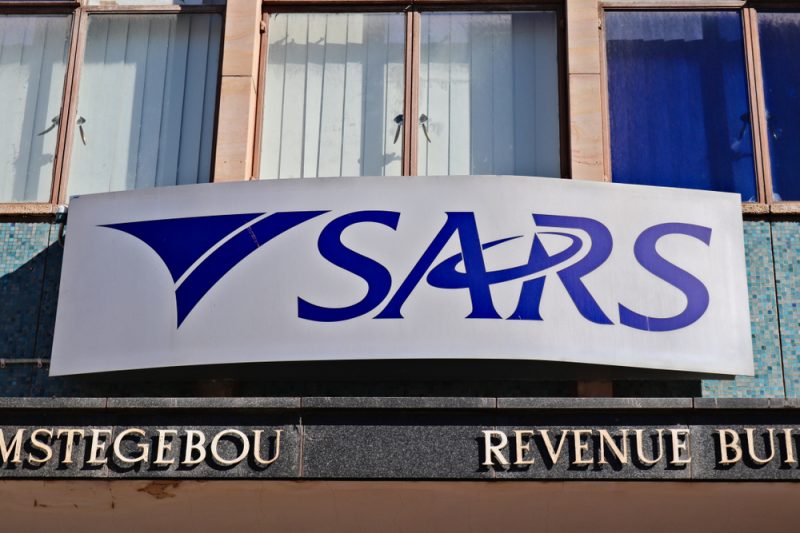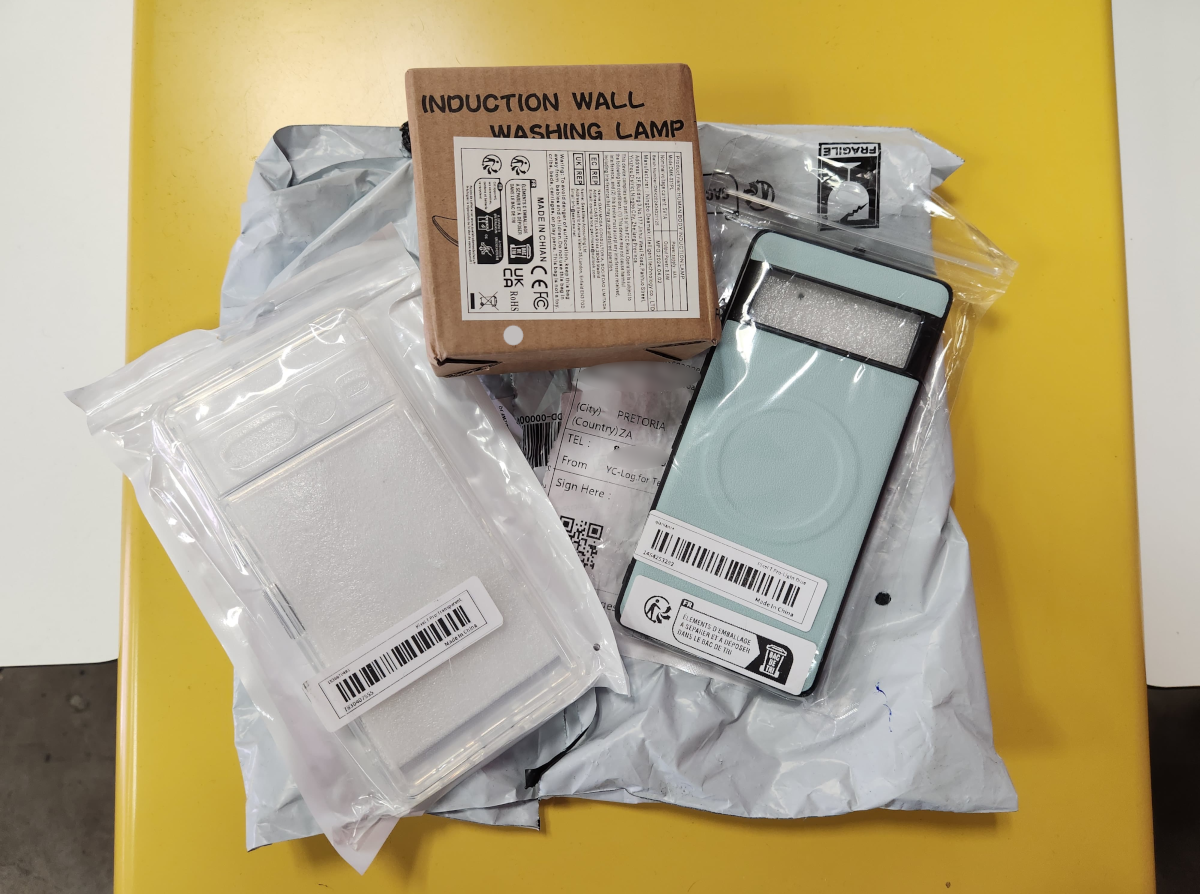Big changes for Temu and online shopping imports to South Africa

South African online shoppers buying goods from overseas and local businesses importing and exporting various products should brace for major changes in processing times due to a crackdown on customs procedure deviations.
The South African Revenue Service (Sars) intends to scrap over 140 concessions supporting simplified import and export clearance processes at numerous customs and excise offices across the country.
MyBroadband first learnt of the plan after viewing a letter from Sars commissioner Edward Kieswetter, notifying tax-registered clients and traders of the withdrawal of these concessions.
Kieswetter explained that many of the concessions were no longer relevant, having been overtaken by technological advances or legislative, policy, and procedure developments.
“Some concessions date back 20 years and were granted for a specific purpose at the time, that are no longer applicable,” Kieswetter said.
The commissioner has given businesses directly impacted by any of the concessions 21 business days from 20 March 2025 to provide feedback on how they had used the concessions and how the withdrawal would impact their operations.
According to a source close to the matter, the changes are expected to have a widespread impact on the e-commerce industry.
They said the withdrawals would definitely cause a number of headaches for various industries.
Among the most obvious parties that will be impacted are logistics partners for Chinese retailers Temu and Shein, which have leveraged one of the concessions.
The concession was first implemented in 2007 and allows for a simplified customs clearance process at Johannesburg’s OR Tambo Airport on bulk imports of shipments with individual values under R500.
These shipments are subjected to a flat 20% duty instead of product-specific rates. Until September 2024, they were also exempted from VAT.
Importers were also allowed to pay the flat duty at the end of each month to speed up the clearance process.
Many local retailers selling similar products as the Chinese stores complained that this was hurting their businesses.
The textile industry in particular took issue with Temu and Shein paying the 20% flat duty on clothing shipments when the actual import duties for these products is 45%.

Wide impact beyond e-commerce
The list of concessions includes a much wider range of extraordinary accommodations to ease import and export procedures in various industries and for specific companies or facilities.
For example, one concession allows air waybills for perishable consignments not to be completed in full with weight, number of cartons, dimensions, and other information.
This information can be declared via the required form within 14 days of departure.
Other goods exported via airports can also have their waybills stamped by customers the day before shipment if submitted with a register. They then have seven days to submit information on the shipment.
If these concessions are scrapped, all of this information will need to be provided at the time of the export, which could result in processing delays.
Another concession allows duty-free shops at OR Tambo’s departures to accumulate sales and pass customs declaration forms every two weeks.
The withdrawal of another concession could have a significant impact on the wine export industry.
For wine exports from Cape Town, producers have been allowed a concession to clear goods up to 14 days after leaving port.
MyBroadband has learnt that the South African Association of Freight Forwarders (SAAFF) is expected to approach Sars about the planned withdrawals.
Sars has previously said it plans to align the 20% flat duty rate on low-value consignments with the World Customs Organisation (WCO) release and clearance guidelines.
Developed in the early 1990s, these guidelines specifically address the large numbers of small or negligible-value goods carried between countries by courier and express mail services.
The WCO guidelines set out the following four broadband categories for imported goods:
- Category 1: Correspondence and documents with no commercial value – Not subjected to duties and taxes, immediate release on the basis of a consolidated declaration that may be oral or written.
- Category 2: Low-value consignments below a specified de minimis threshold — No duties and taxes are collected, and immediate clearance and release are done against a manifest, a waybill, a house waybill, a cargo declaration, or an inventory of items.
- Category 3: Low-value dutiable goods above de minimis, but below full declaration value threshold — Dutiable, and the use of a simplified declaration, or release against a manifest with subsequent simplified clearance, etc.
- Category 4: High-value consignments – Consignments not falling under the three categories described above and includes consignments containing goods that are subject to restrictions. Normal release and clearance procedures, including payment of duties and taxes, apply.
From the above, it is clear that Sars will first have to set the de minimis amount and full declaration value threshold so that importers can identify under which category a consignment falls and declare it accordingly.
































